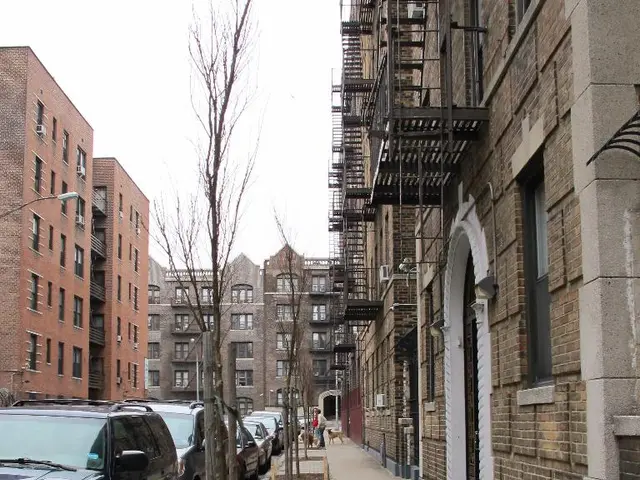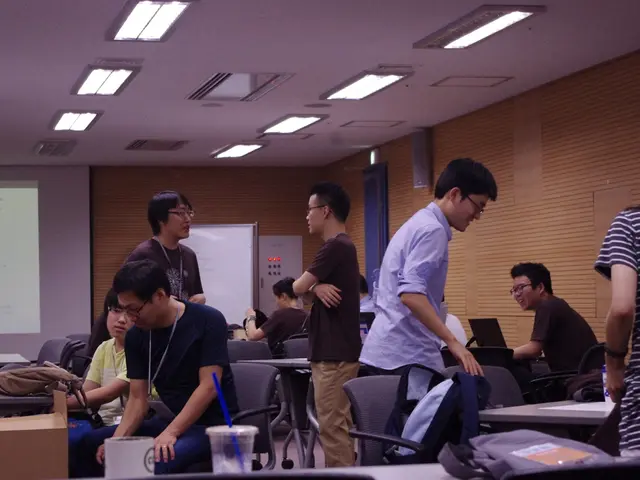EU Agriculture Ministers Rebel Against CAP Reform Plan
A group of 17 EU agriculture ministers, led by Austria's Norbert Totschnig, is opposing the European Commission's plan to reduce their influence in the next round of Common Agricultural Policy (CAP) reforms. The ministers fear that splitting the legal texts will diminish their ability to shape European agricultural policy.
French Agriculture Minister Annie Genevard has voiced her opposition to the European Commission's proposed 30% minimum co-financing requirement for agri-environmental projects. She argues that this requirement will limit the ministers' ability to influence European agricultural policy.
The ministers want a structured analysis to determine which provisions should explicitly fall under the CAP and be debated in the Agriculture Council. They are opposing the fragmentation of the European CAP into multiple draft regulations, fearing that this will lead to a loss of control over European agricultural policy.
EU Agriculture Commissioner Christophe Hansen plans to shift the focus in agro-environmental policy from rigid regulations to incentives. However, the European Parliament is working to block the proposal for the National and Regional Partnership Fund (NRP), which is part of Hansen's plan.
The ministers' opposition to the European Commission's plan highlights the ongoing debate over the future of the European CAP. While the Commission aims to simplify the policy, the ministers fear that this will lead to a loss of influence over European agricultural policy. The European Parliament's opposition to the NRP proposal further complicates the situation, as it could lead to a stalemate in the reform process.
Read also:
- American teenagers taking up farming roles previously filled by immigrants, a concept revisited from 1965's labor market shift.
- Weekly affairs in the German Federal Parliament (Bundestag)
- Landslide claims seven lives, injures six individuals while they work to restore a water channel in the northern region of Pakistan
- Escalating conflict in Sudan has prompted the United Nations to announce a critical gender crisis, highlighting the disproportionate impact of the ongoing violence on women and girls.







